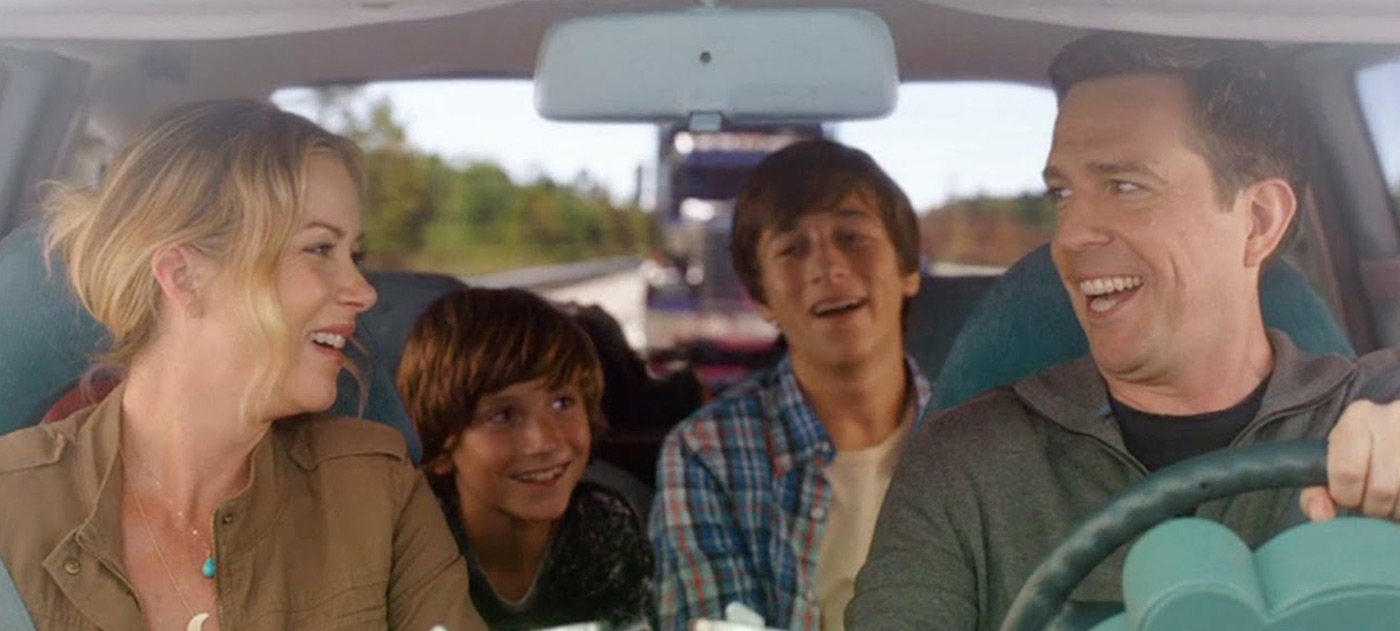The summer is a time when movie theatres are filled with brainless fluff — from superhero blockbusters to big-budget sequels, the season is all about appealing to the masses and raking in the millions. Visual spectacle and merchandising are the goals, and if characters are underwritten or the storytelling is uninspired, well, so be it, as long as the CGI extravaganza is heating up the box office. Honestly, the summer movie season can be a very bleak place for those of us who seek art and emotional engagement in our cinema. Thank goodness, then, for Tangerine. The new indie film from director Sean Baker, which premiered at Sundance earlier this year, is basically the opposite of a typical summer release; an ultra-low-budget dramedy that finds its drama in human imperfection and the flaws inherent in the relationships we forge with each other, Tangerine is a film interested in locating the humanity in a segment of the population rarely if ever explored in film before — the community of black transgender prostitutes working the streets of Los Angeles.
It’s Christmas Eve in L.A., and Sin-Dee (Kitana Kiki Rodriguez) is back in town after spending a few weeks in jail. She reconnects with her best friend and fellow prostitute Alexandra (Mya Taylor), who informs her that, while she was locked up, her pimp and boyfriend Chester (James Ransone) has been cheating on her with a white girl — and, even more insulting, she’s cisgender. Soon enough, Sin-Dee is running all over town trying to track down the mistress Dinah (Mickey O’Hagan) so she can bring her to Chester and confront him about his betrayal. Alexandra, meanwhile, is walking the sidewalk hunting for johns and also advertising the show that she’ll be performing that night at a local bar. There’s also a third plotline following an Armenian taxi driver (Karren Karagulian) as he drives his various clients around the city. All three of these stories eventually come to a head at a sleazy doughnut shop, resulting in one of the funniest, most engrossing scenes of the year.
Tangerine isn’t all that subtle or deep; there isn’t any message or moral lesson to be learned here. However, where it succeeds is in the way that it takes a particular group that has routinely been stereotyped and ridiculed, trains the camera on them, and investigates who these people really are. There is surely a discussion to be had about whether the film is merely buying into the stereotype by having the black trans women be prostitutes — either way, though, Sin-Dee and Alexandra emerge from the film as nuanced, three-dimensional human beings with dreams and emotions and intelligence. In films such as Tangerine and previous features Take Out, Prince of Broadway, and Starlet, Baker has made a career of giving a voice to minority groups that cinema has had little use for. In the new film, he, along with co-writer Chris Bergoch, manages to build a world that feels completely authentic. Never at any point does it seem like we’re watching actors acting; as melodramatic as the proceedings can occasionally get, the film always seems naturalistic and totally real, as if Baker found himself in a seedy part of town and started filming what was going on around him.
The film is clearly a labour of love for its director. In addition to directing, writing and producing, Baker is also credited for the film’s cinematography (along with Radium Cheung), editing, casting, and camera operation — though this may all be due to the demands of his miniscule budget, which also influenced the equipment he chose to use. The film, in fact, was shot entirely using iPhone 5S, and, though the film looks great, you can immediately tell that it wasn’t shot with state-of-the-art cameras. There’s a strange quality to the image that takes some getting used to — as if the footage has been slightly sped up. Nevertheless, Baker manages to get some beautiful shots, and it’s all extra impressive when you know that it was shot on an iPhone. This is a bright, sunny, colourful film; the heat of Los Angeles is palpable in every frame.
Taylor and Rodriguez are both first-time actresses, and they’re both incredible discoveries. Taylor is a very grounded performer, with a range of conflicted emotions running behind her eyes. Rodriguez, on the other hand, plays the more unhinged of the two, and when she lets loose and starts to drag Dinah through L.A. by her hair, she manages to be both hilarious and terrifying. Best in show, however, just might be O’Hagan, who’s so utterly convincing (and funny!) as trashy, drugged-up prostitute Dinah that I can’t imagine her being a real, well-adjusted human off-camera.
Tangerine is very frank about how sad and hopeless the lives of its characters are, but it never wallows in misery, always finding the comedy in their desperation. This is not a film where anyone beweeps her outcast state. And as shocking and outlandish as you or I might find some of the situations these characters find themselves in, it’s just a normal part of their lives and is treated as such. It’s not easy to define exactly what Tangerine is. It’s a tragedy that is also hilarious and over-the-top. It’s a comedy that’s dark and disconcerting. It’s the newest entry in the canon of beloved Christmas classics! Whatever Tangerine is, it is without question one of the most interesting films of the year.








Fantastic Four
Fantastic Four